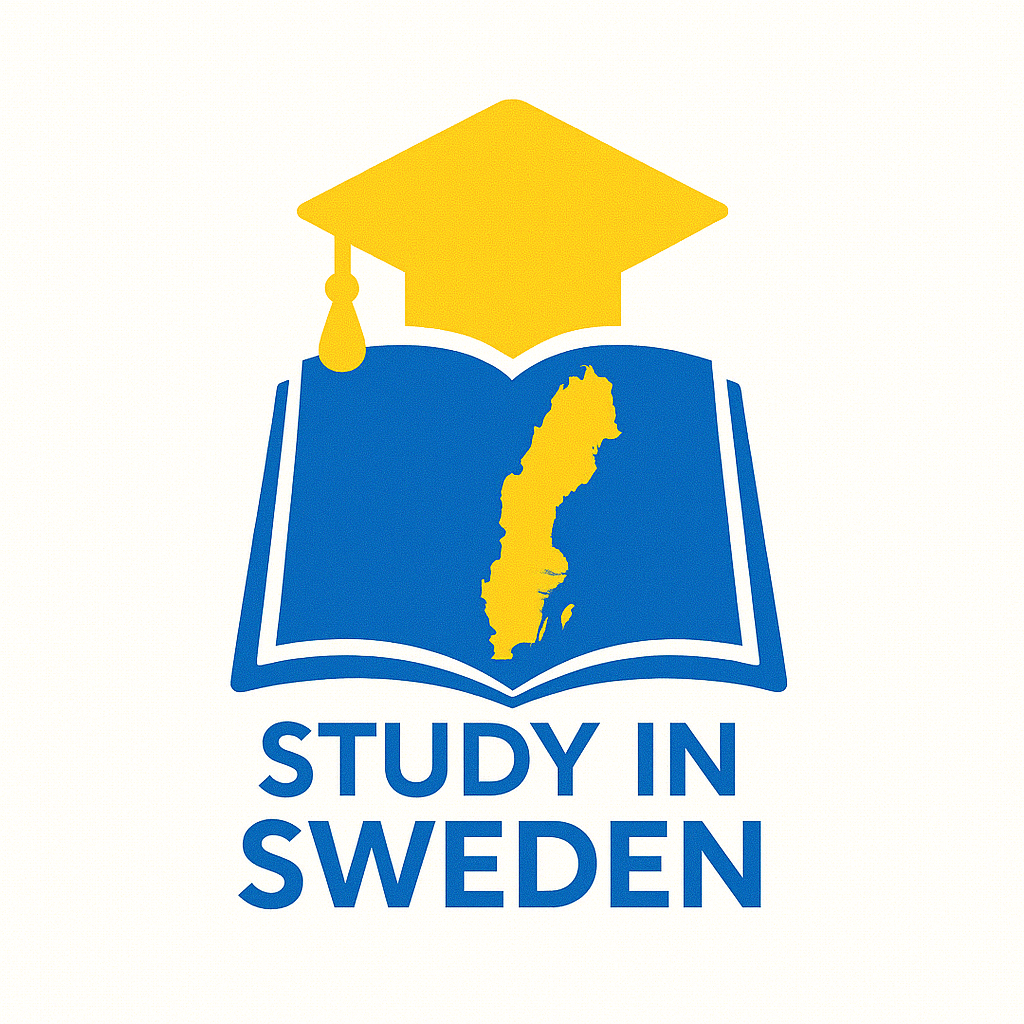A Comprehensive Guide to Swedish Higher Education for International Students
The Landscape of Swedish Higher Education
Sweden has rapidly emerged as a top destination for international students seeking academic excellence, a vibrant student life, and strong career prospects. With a dynamic higher education system known for innovation, accessibility, and close ties to industry and research, Swedish universities offer unparalleled opportunities for global learners.
Sweden is home to a diverse range of universities and university colleges serving over 343,000 students annually, including nearly 39,000 international students. The Swedish academic system emphasizes critical thinking, collaboration, and independent study, fostering creativity and innovation in learners across disciplines.
Key facts about Swedish higher education:
- Capital: Stockholm
- Official Language: Swedish, with many courses offered in English
- Academic Year: August to June
- Currency: Swedish Krona (SEK)
- International Student Population: 39,000+ out of 343,000 total students
Swedish universities stand out for their commitment to research-led teaching and practical skill development, making them attractive for students seeking both academic rigor and career readiness.
Types of Higher Education Institutions in Sweden
Universities
- Lund University
- Uppsala University
- KTH Royal Institute of Technology
Universities offer comprehensive academic research programs, providing undergraduate, master’s, and doctoral degrees, focusing on both theoretical and applied knowledge.
University Colleges (Högskolor)
Typically smaller in size, these institutions mainly provide undergraduate and some master’s programs, emphasizing applied sciences and industry collaboration.
Language of Instruction in Swedish Higher Education
Sweden facilitates accessibility for international students by offering a wide range of programs taught entirely in English. This is especially prevalent at the master’s level, while bachelor’s programs are mostly conducted in Swedish but with a growing number available in English.
Key points on language offerings:
- Over 1,000 programs are available in English across various disciplines
- Admission requirements may include proof of proficiency in English or Swedish
- English-taught programs broaden opportunities for international learners without Swedish language skills
The Application Process for International Students
The Swedish system is known for its centralized, streamlined application process designed to make international recruitment efficient and transparent.
Steps to apply:
- Research Programs: Utilize official resources to identify English-taught programs aligned with students’ aspirations.
- Review Admission Requirements: Check specific program entry criteria, including academic qualifications.
- Prepare Application Materials: Required documents typically include academic transcripts, language proficiency proof, a motivational letter, and CV.
- Submit Online Application: Applications are submitted through a centralized portal.
- Adhere to Deadlines: Application deadlines are strict, usually in January for autumn semester intake.
- Track Application Status: Applicants should respond to institutions’ requests promptly.
Tuition Fees and Scholarships
Understanding financial commitments is paramount for international students.
Tuition fee structure:
- Non-EU/EEA Students: Generally required to pay tuition fees.
- EU/EEA Students: Usually exempt from tuition fees.
- Additional Costs: Moderate living expenses; budgeting is essential.
Scholarships and Financial Aid:
Sweden offers numerous scholarships providing significant fee waivers or full coverage for international students.
Student Life and Support Services
Sweden is renowned for its welcoming, inclusive, and vibrant student communities. International students benefit from:
- Active Student Organizations: Many universities host international clubs and buddy programs.
- Student-Centered Learning: Education emphasizes group work and creativity.
- Work-Life Balance: Opportunities to engage in extracurricular activities.
- Support Services: Academic advising and career services.
Work and Career Opportunities for International Students
Sweden’s policies support international students in gaining valuable work experience during and after their studies:
- Part-Time Work: Students can work alongside studies.
- Post-Graduation Job Search: Graduates can stay in Sweden for up to six months to seek employment.
- Strong Industry-Academia Linkages: Facilitating internships and job placements.
Why Partner with Study in Sweden?
At Study in Sweden, we leverage deep expertise to streamline the admissions journey for both students and institutions.
Our value propositions include:
- Comprehensive Guidance: Up-to-date information and resources for stakeholders.
- Strong Network: Partnerships with key universities to maximize opportunities.
- Market Insights: Data-driven strategies for targeted outreach.
Collaborating with us enhances recruitment efforts and enriches the student experience.
Take the Next Step with Study in Sweden
Sweden offers international students a unique blend of academic excellence and innovative learning environments. We invite you to explore further and discover how we can assist you.

